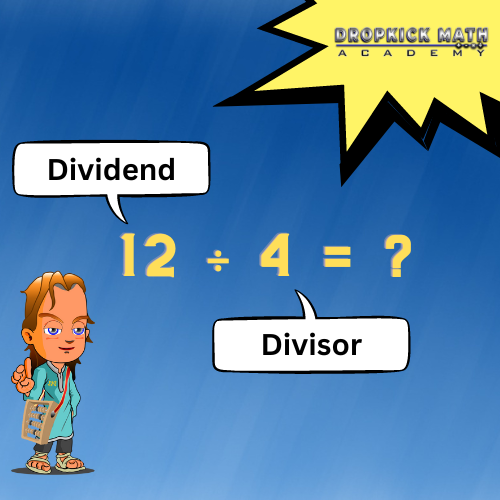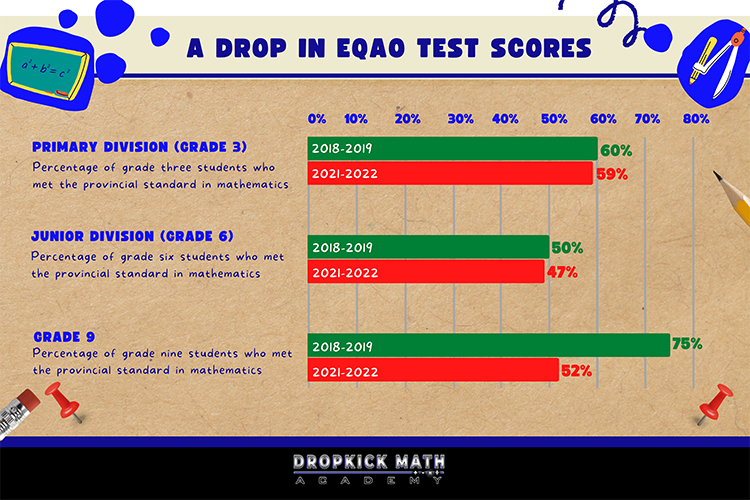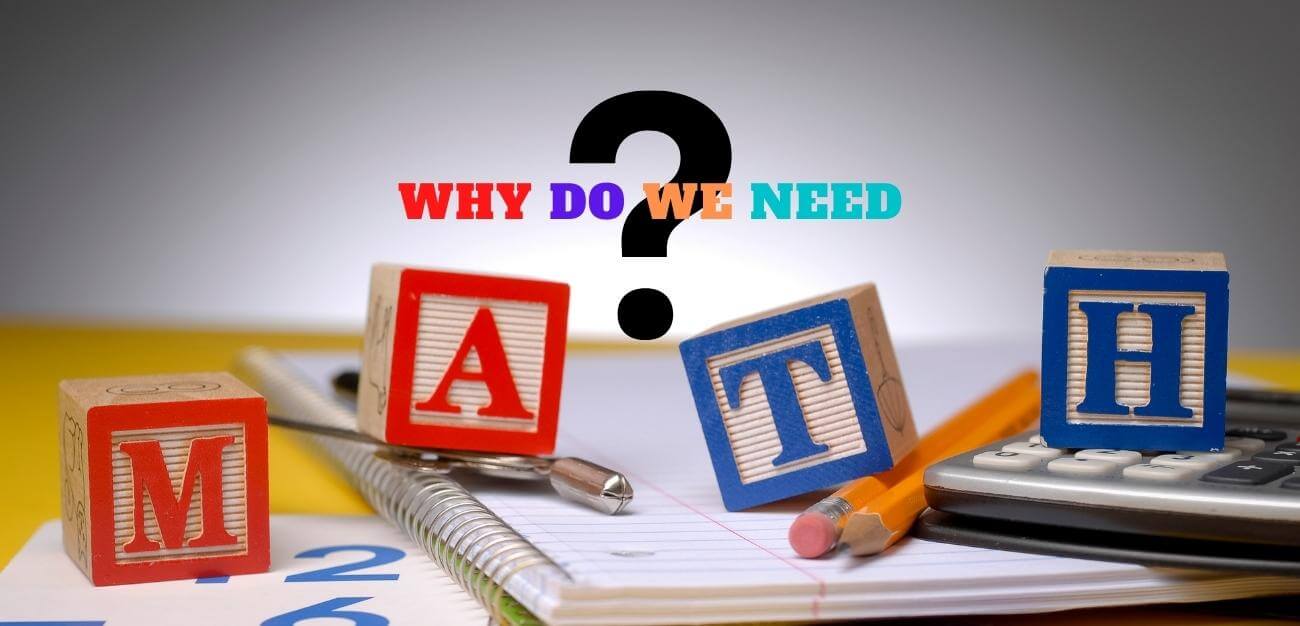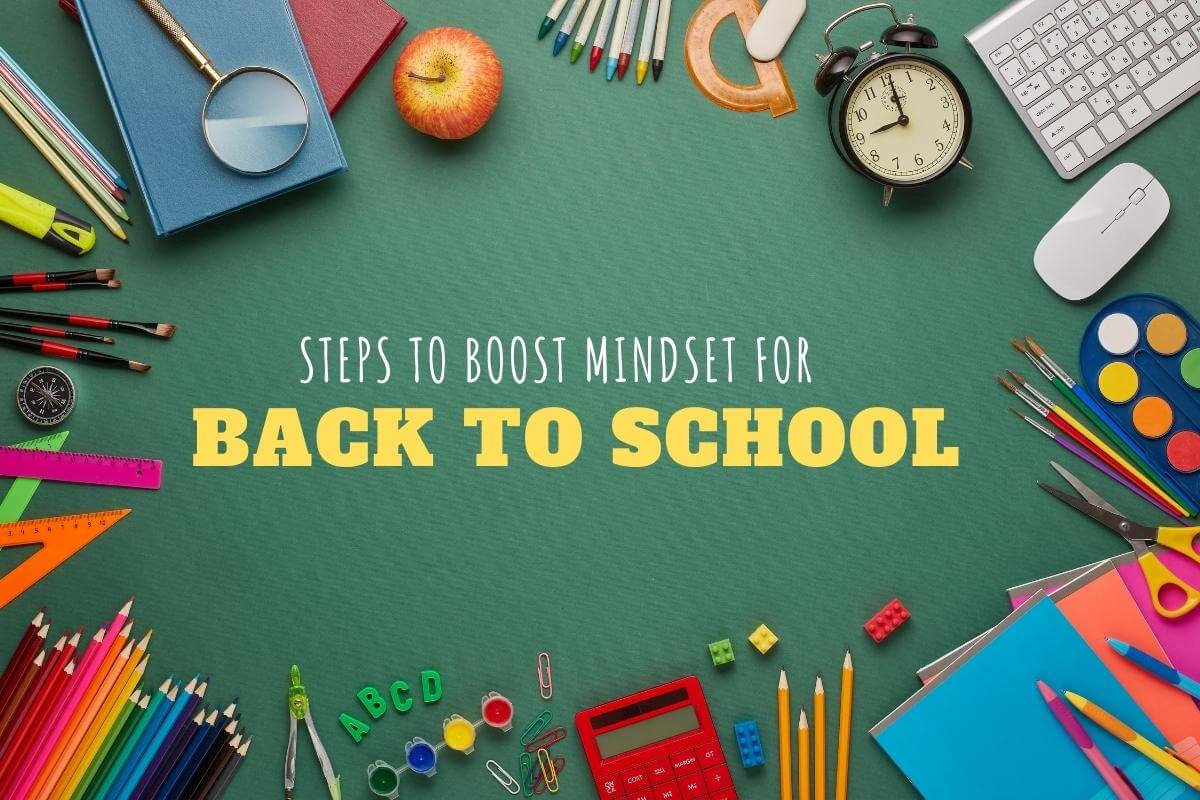How To Praise Your Child
We all want our children to feel good about themselves and their accomplishments, but it can be tough to know how to give them the right kind of praise. Too much, or the wrong kind of praise, can actually do more harm than good. So what’s the best way to praise your child? Read on to learn more!
Self-Beliefs
A child’s self-beliefs are important. They affect what they think they can achieve and how they approach setbacks. Parents and teachers can play a large role in shaping a child’s self-beliefs, even from an early age. Studies have shown that children as young as three years old can start to develop a damaging mindset if they are not praised correctly.
When children are encouraged and praised for their efforts, they learn to believe in themselves and their abilities. On the other hand, if children are constantly told that they’re not good enough or that they’ll never amount to anything, they’ll start to believe those things too. It’s important to give children the support and encouragement they need to develop strong self-beliefs. With the right foundation, they’ll be able to overcome any obstacles in their path and reach their full potential.
The Word “Smart”
Many parents often tell their children that they are so “smart.” While this may seem harmless, and they only have good intentions, this simple phrase may do more harm than good. At first, children will believe it and feel good about themselves, knowing that their parent sees them as “smart.” However, later in life, when they struggle or fail in some way, they will be trained to automatically think, “I am not smart,” and constantly evaluate themselves against this fixed idea.
There are two different types of praise to give a child, fixed praise and growth praise. Telling a child they are “smart” is a form of fixed praise. A child should be praised for their accomplishment and what they did as opposed to them as a person. In other words, focus on the process rather than the result.
It can be difficult to know the difference between fixed praise and growth praise, so the following are a few examples to try:
Fixed Praise – You can multiply fractions? Wow, you are so smart!
Growth Praise – You can multiply fractions? It is great that you have learned how to do that!
Fixed Praise – You solved that hard math equation. That is so smart!
Growth Praise – I love your solution to the problem; it is so creative!
Fixed Praise – You got an A on your test! You are a genius!
Growth Praise – You got an excellent grade! You must have worked really hard.
Growth praise is essential for helping children learn and grow. By encouraging a child to take risks, fail, and learn from their mistakes, you can instill a sense of curiosity and confidence that will stay with them for life. They will learn that they can move past these moments and learn from them. Mistakes can not only be learning opportunities, but as students consider their mistakes, it can also be a time when their brains grow.
Modifying Language
By simply modifying their language, parents can praise their children and help to boost their confidence in the long run. Parents’/guardians’ attitudes about math can also directly impact a child’s attitude and success, so it is vital to speak positively about math.
Children are always listening and taking in what is being said around them. If you express how much you hate math, you could be passing your mindset to your child. For example, if your child is struggling with math for grade 4, they may be missing out on the praise they need to boost their confidence. Or, they may feel like they are not “good at math” because they have heard their parent say the same. Try to always stay positive and participate in your child’s math education.
At Dropkick Math, we understand the importance of parental involvement. We offer math tutoring in a unique learning environment that gives the option of involving the parent/caregiver. We believe the relationships between parent, student, and educator are crucial to achieving mastery in mathematics and that learning together achieves lasting success! Part of this learning environment involves praising a child for their efforts and encouraging a fun and engaging atmosphere.
Too Much Praise?
With all this talk about praise, you may be wondering if you can praise your child too much. The quick answer is, yes. Experts generally recommend that parents try to say ten positive things to their children for every one negative response.
Over-praising can make a child feel pressure to perform constantly, and they may develop the need always to seek approval from others. However, if encouragement is frequently given and praise is saved for when it truly matters, children will end up being more resilient and confident. This is because they will know that they are not dependent on others’ approval and that they are capable of handling disappointment or criticism. As a result, they will be better equipped to deal with challenges and setbacks in life.
In the real world, colleagues, employers and others will only praise exceptional effort, not ordinary expectations. Children who did not learn this growing up may be set up for failure. Just think of praise like a sugary snack. A little compliment can be sweet, but too much can harm a child’s emotional health.
How To Give Praise
How you give a child praise can be just as important as the words you use. Experts suggest using a warm, nurturing tone and making eye contact. This type of interaction can help to increase a young child’s confidence. It also relays the message that you truly care about the words you are saying. Saying a child’s name is also recommended, as studies show that babies remember and comprehend more words when they hear their name.
A Powerful Tool
Praise is a powerful tool in motivating children and can help them feel competent and confident. Studies have shown that praise can encourage children to persevere in the face of challenges and to try new tasks. When praise is given for effort or progress, rather than for ability, it can also help to boost children’s self-esteem and confidence. Furthermore, praise can be used to reinforce desired behaviours, such as good manners or following instructions. By using praise effectively, parents and caregivers can encourage children to reach their full potential.
Our Math Help Services
Learn about our math tutoring programs and how we involve parent/guardians. By learning together, you can help build your child’s confidence and give then the praise they need to succeed.













